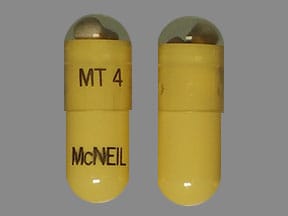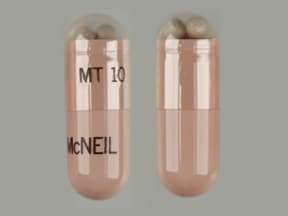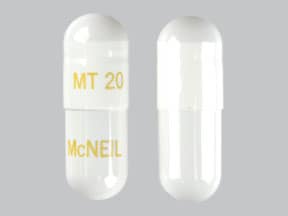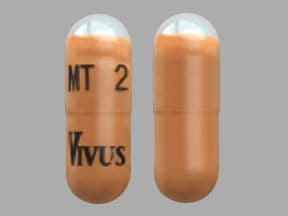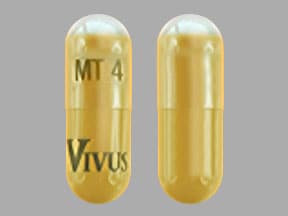What is Pancreaze?
Pancreaze is a prescription medicine used to treat people who cannot digest food normally because their pancreas does not make enough enzymes due to cystic fibrosis or other conditions. Pancreaze may help your body use fats, proteins, and sugars from food.
Pancreaze contains a mixture of digestive enzymes including lipases, proteases, and amylases from pig pancreas.
Pancreaze is safe and effective in children when taken as prescribed by your doctor.
What is the most important information I should know about Pancreaze?
Pancreaze may increase your chance of having a rare bowel disorder called fibrosing colonopathy. This condition is serious and may require surgery. The risk of having this condition may be reduced by following the dosing instructions that your doctor gave you.
Call your doctor right away if you have any unusual or severe:
- stomach area (abdominal) pain
- bloating
- trouble passing stool (having bowel movements)
- nausea, vomiting, or diarrhea
Take Pancreaze exactly as prescribed by your doctor. Do not take more or less Pancreaze than directed by your doctor.
What should I tell my healthcare provider before taking Pancreaze?
Before taking Pancreaze, tell your doctor about all your medical conditions, including if you:
- are allergic to pork (pig) products.
- have a history of blockage of your intestines, or scarring or thickening of your bowel wall (fibrosing colonopathy)
- have gout, kidney disease, or high blood uric acid (hyperuricemia)
- have trouble swallowing capsules
- have any other medical condition
- are pregnant or plan to become pregnant. It is not known if Pancreaze will harm your unborn baby.
- are breastfeeding or plan to breastfeed. It is not known if Pancreaze passes into your breast milk. You and your doctor should decide if you will take Pancreaze or breastfeed.
Tell your doctor about all the medicines you take, including prescription and over-the-counter medicines, vitamins, or herbal supplements.
Know the medicines you take. Keep a list of them and show it to your doctor and pharmacist when you get a new medicine.
How should I take Pancreaze?
Take Pancreaze exactly as your doctor tells you.
- Do not take more capsules in a day than the number your doctor tells you to take (total daily dose).
- Always take Pancreaze with a meal or snack and plenty of fluid. If you eat a lot of meals or snacks in a day, be careful not to go over your total daily dose.
- Your doctor may change your dose based on the amount of fatty foods you eat or based on your weight.
- Do not crush or chew the Pancreaze capsules or their contents, and do not hold the capsule or contents in your mouth. Crushing, chewing or holding the Pancreaze capsules in your mouth may cause irritation in your mouth or change the way Pancreaze works in your body.
Giving Pancreaze to infants (children up to 12 months):
- Give Pancreaze right before each feeding of formula or breast milk.
- Do not mix Pancreaze capsule contents directly into formula or breast milk.
- Open the capsules and sprinkle the contents directly into your infant's mouth or mix the contents in a small amount of soft food such as applesauce. These foods should be the kind found in baby food jars that you buy at the store, or other food recommended by your doctor.
- If you sprinkle the Pancreaze on food, give the Pancreaze and food mixture to your child right away. Do not store Pancreaze that is mixed with food.
- Give your child enough liquid to completely swallow the Pancreaze contents or the Pancreaze and food mixture.
- Look into your child's mouth to make sure that all of the medicine has been swallowed.
Giving Pancreaze to children and adults
- Swallow Pancreaze capsules whole and take them with enough liquid to swallow them right away.
- If you have trouble swallowing capsules, open the capsules and sprinkle the contents on a small amount of acidic food such as applesauce. Ask your doctor about other foods you can mix with Pancreaze.
- If you sprinkle Pancreaze on food, swallow it right after you mix it and drink plenty of water or juice to make sure the medicine is swallowed completely. Do not store Pancreaze that is mixed with food.
- If you forget to take Pancreaze, call your healthcare provider or wait until your next meal and take your usual number of capsules. Take your next dose at your usual time. Do not make up for missed doses.
What are the possible side effects of Pancreaze?
Pancreaze may cause serious side effects, including:
- See "What is the most important information I should know about Pancreaze?"
- Irritation of the inside of your mouth. This can happen if Pancreaze is not swallowed completely.
- Increase in blood uric acid levels. This may cause worsening of swollen, painful joints (gout) caused by an increase in your blood uric acid levels
- Allergic reactions including trouble with breathing, skin rashes, or swollen lips.
- Call your doctor right away if you have any of these symptoms.
The most common side effects of Pancreaze include:
- Pain in your stomach (abdominal area)
- Gas
Other possible side effects of Pancreaze:
Pancreaze and other pancreatic enzyme products are made from the pancreas of pigs, the same pigs people eat as pork. These pigs may carry viruses. Although it has never been reported, it may be possible for a person to get a viral infection from taking pancreatic enzyme products that come from pigs.
Tell your doctor if you have any side effect that bothers you or does not go away.
These are not all the possible side effects of Pancreaze. For more information, ask your doctor or pharmacist.
Call your doctor for medical advice about side effects. You may report side effects to FDA at 1-800-FDA-1088.
You may also report side effects to VIVUS, Inc. at 1-888-998-4887.
Pancreaze Images
-
Pancreaze 17,500 USP units amylase; 4,200 USP units lipase; 10,000 USP units protease -
Pancreaze 43,750 USP units amylase; 10,500 USP units lipase; 25,000 USP units protease -
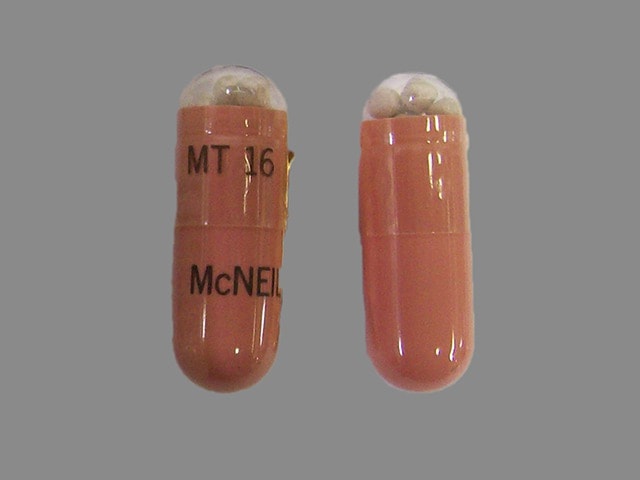
Pancreaze 70,000 USP units amylase; 16,800 USP units lipase; 40,000 USP units protease -
Pancreaze 61,000 USP units amylase; 21,000 USP units lipase; 37,000 USP units protease -
Pancreaze 2,600 USP units of lipase; 6,200 USP units of protease; 10,850 USP units of amylase -
Pancreaze 4,200 USP units of lipase; 14,200 USP units of protease; 24,600 USP units of amylase
General information about the safe and effective use of Pancreaze
Medicines are sometimes prescribed for purposes other than those listed in a Medication Guide. Do not use Pancreaze for a condition for which it was not prescribed. Do not give Pancreaze to other people to take, even if they have the same symptoms you have. It may harm them.
This Medication Guide summarizes the most important information about Pancreaze. If you would like more information, talk to your doctor. You can ask your pharmacist or doctor for information about Pancreaze that is written for healthcare professionals.
For more information go to www.pancreaze.net or call 1-888-998-4887.
How should I store Pancreaze?
- Store Pancreaze at room temperature below 77°F (25°C). Avoid heat.
- Keep Pancreaze in a dry place and in the original container.
- After opening the bottle, keep it closed tightly between uses.
- The Pancreaze 2,600 USP units of lipase, the Pancreaze 4,200 USP units of lipase and Pancreaze 21,000 USP units of lipase bottles contain a desiccant canister. Do not eat or throw away the desiccant canister in your medicine bottle. This canister will protect your medicine from moisture.
Keep Pancreaze and all medicines out of the reach of children.
What are the ingredients in Pancreaze?
Active Ingredient: lipase, protease, amylase
Inactive ingredients in Pancreaze 2,600 USP units of lipase: colloidal silicon dioxide, crospovidone, magnesium stearate, methacrylic acid ethyl acrylate copolymer, microcrystalline cellulose, montan glycol wax, simethicone emulsion, talc and triethyl citrate. The capsule shell contains hypromellose, titanium dioxide, iron oxide, and imprint ink contains iron oxide, shellac, ammonium hydroxide, propylene glycol, potassium hydroxide.
Inactive ingredients in other strengths: cellulose, colloidal anhydrous silica, crospovidone, magnesium stearate, methacrylic acid ethyl acrylate copolymer, montan glycol wax, simethicone emulsion, talc and triethyl citrate. The capsule shell contains gelatin, titanium dioxide, sodium lauryl sulfate, sorbitan monolaurate, and gelatin capsule imprint ink. Pancreaze 4,200, 10,500, and 16,800 USP units of lipase also contain iron oxide.

